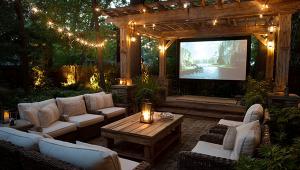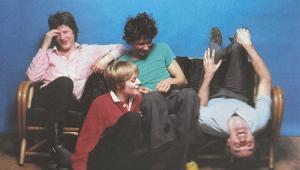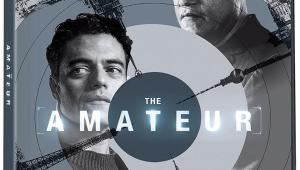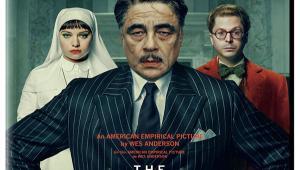Kennard Blasts Broadcasters for Slow DTV Rollout
The broadcasting industry has been dragging its feet in the march into the digital era, Kennard implied in a speech on April 11. Broadcasters, he believes, have the primary responsibility for producing programming in the new format that will compel consumers to buy new receivers and displays, hastening the fadeout of the old analog NTSC system.
In the first FCC timetable, analog television broadcasts were projected to go dark by the year 2006. That deadline has been pushed back indefinitely because the new format hasn't exploded on the market the way its designers expected. At last count there were 122 stations nationwide offering some digital programming, and only a small amount of it in the highest-resolution format. There are 18 possible permutations of digital video allowable within technical guidelines established by the Advanced Television Standards Committee.
With a few notable exceptions, broadcasters have been slow to move into producing their own digital content, citing the low numbers of DTV receivers actually in the homes of consumers and the high cost of all-digital production. The market simply doesn't justify the cost, broadcasters have complained, noting with some justification that schemes for the rollout of digital television have never included a workable business model that would generate revenue right from the beginning. On the other hand, the 1600 television stations in the US have each been given 6MHz of free transmission bandwidth to develop as they wish.
Kennard conveyed his growing impatience with the industry in Las Vegas. "I get frustrated when I hear some broadcasters say they want to delay the digital television transition," he told NAB members. The changeover from analog to digital will occur "as sure as day follows night," he said, emphasizing that "resistance is futile."
Kennard's remarks were disputed by NAB president Edward Fritts, who said that NAB members are reluctant to gamble on DTV for more than their "net assets." Broadcasters want the FCC to require cable providers to carry digital signals as a way of guaranteeing market penetration, but the agency has yet to push the cable industry on the issue. Most viewers in the US get their television signals via cable.

























































